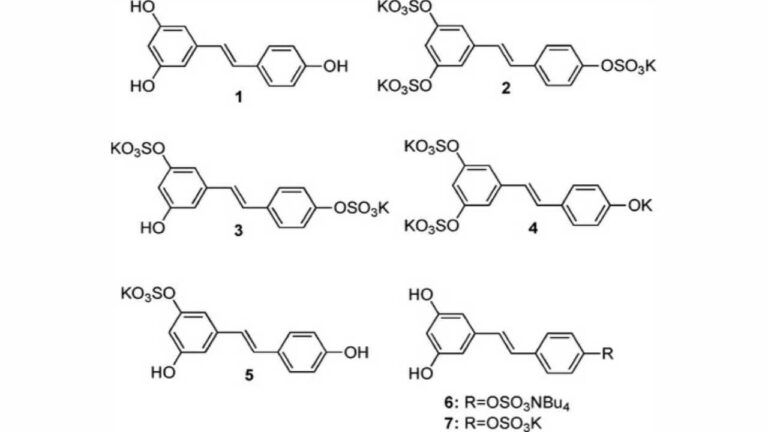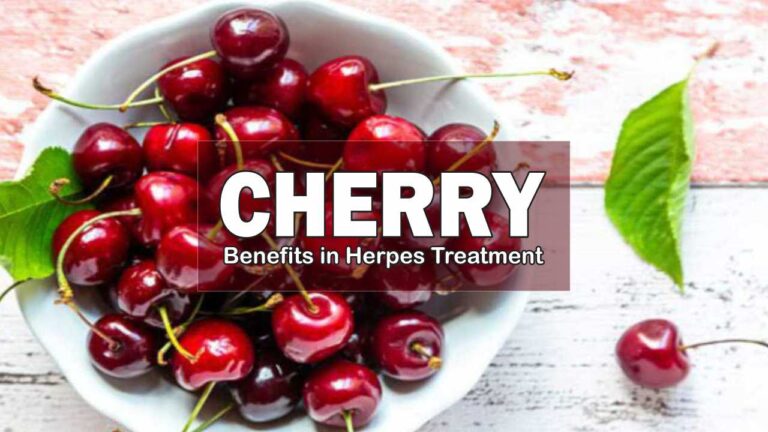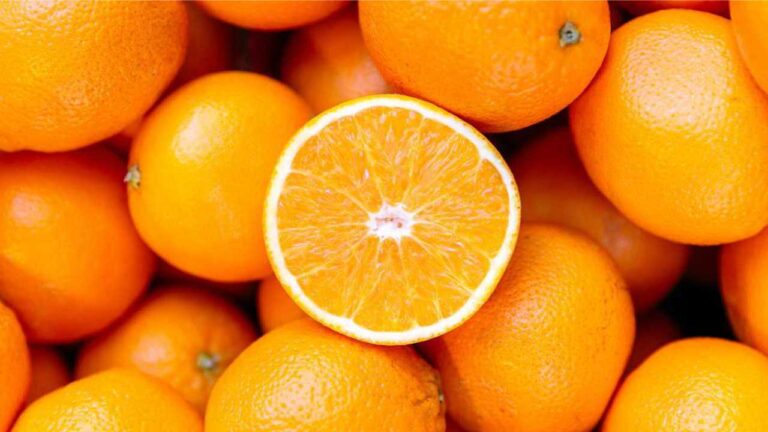Quercetin contains potent antioxidant, anti-inflammatory, and antiviral nutrient properties in the treatment of herpes.
Quercetin is a flavonoid that is naturally found in many fruits and vegetables, including apples, berries, onions, and kale. It has been shown to have a variety of health benefits, including antioxidant, anti-inflammatory, and antiviral properties in the treatment of herpes.
While antiviral medications can help reduce the severity and duration of outbreaks, they are not always effective for everyone. Additionally, some people may experience side effects from these medications.
This is where quercetin comes in. Quercetin has been shown to have antiviral properties that can help inhibit the replication of the herpes simplex virus. It works by interfering with the virus’s ability to bind and infect healthy cells in the body. This can help reduce the severity of symptoms during an outbreak and may also help prevent future outbreaks.
Studies on Quercetin for Treating Herpes
Research has suggested that quercetin may be effective in reducing the severity and duration of herpes outbreaks. Several studies have investigated the efficacy of quercetin in treating herpes.
One study published in the Journal of Clinical and Diagnostic Research found that quercetin was able to inhibit the replication of HSV-1 in vitro, meaning in a laboratory setting.
Although research on the effects of quercetin on herpes is still limited, these studies suggest that it may be a promising natural remedy for managing symptoms of the virus. However, more research is needed to fully understand its effectiveness, particularly in humans.
Benefits of Quercetin for Treating Herpes
Quercetin is a natural flavonoid that has been studied for its potential in the treatment of herpes. Some of the benefits associated with the use of quercetin in herpes treatment include:
Antiviral properties
Quercetin is a flavonoid widely found in fruits, vegetables, and other foods. Studies have shown that quercetin exhibits antiviral activity against a variety of viruses, including herpes simplex virus type 1 (HSV-1) and type 2 (HSV-2), which are the primary culprits for herpes. Proposed mechanisms of action include inhibiting the virus’s entry into host cells, suppressing viral replication, and reducing inflammation associated with the infection.
Inhibition of viral entry
Quercetin has the ability to interfere with the virus’s entry into host cells. In vitro studies have demonstrated that it can inhibit the binding of HSV-1 and HSV-2 to cells, preventing their entry and subsequent replication. This property is particularly interesting as inhibiting viral entry can prevent the spread of infection and reduce the severity of symptoms.
Suppression of viral replication
In addition to its activity in viral entry, quercetin has also been shown to suppress the replication of HSV-1 and HSV-2. It interferes with different stages of the viral life cycle, such as the transcription and translation of essential viral proteins. By inhibiting viral replication, quercetin reduces the viral load and may help control the progression of the infection.
Reduction of inflammation
Herpes infection often triggers a significant inflammatory response, which contributes to painful symptoms and disease progression. Quercetin exhibits anti-inflammatory properties by modulating the production of pro-inflammatory cytokines and the activity of enzymes involved in the inflammatory response. This can help reduce localized inflammation in herpes lesions and alleviate associated symptoms.
Research on Quercetin in Herpes Treatment
Study 1: “Inhibition of herpes simplex virus type 1 by the flavonoid quercetin”
This research investigated the effects of quercetin on the inhibition of herpes simplex virus type 1 (HSV-1) in vitro, examining its impact on viral replication. The results suggested that quercetin has antiviral activity against HSV-1.
Study 2: “Quercetin as an Antiviral Agent Inhibits Influenza A Virus (IAV) Entry”
In this study, researchers evaluated the effect of quercetin on the entry of influenza A virus (IAV) into host cells. The results indicated that quercetin demonstrated antiviral activity by inhibiting viral entry.
Study 3: “Antiviral activity of quercetin-3-O-β-D-glucopyranoside against herpes simplex virus type 2 in vitro and in vivo”
This research investigated the antiviral activity of quercetin-3-O-β-D-glucopyranoside, a derivative of quercetin, against herpes simplex virus type 2 (HSV-2) both in vitro and in animal studies.
The results suggested that the compound has significant antiviral activity against HSV-2. These studies are just examples, and there are several other available researches that have investigated the role of quercetin in herpes treatment.
Foods High in Quercetin
To obtain the benefits of quercetin in herpes treatment through diet, it is possible to incorporate foods rich in this flavonoid into your diet. Here are some examples of foods that contain quercetin:
Onions
Onions, especially red onions, are a great source of quercetin. They can be consumed raw in salads, sautéed, added to soups, or incorporated into various dishes.
Apples
Apples are another rich source of quercetin. Enjoy fresh apples as a healthy snack or add them to smoothies, jams, or desserts.
Berries
Various berries such as blueberries, raspberries, strawberries, cranberries and blackberries contain quercetin. Consume them fresh, add them to yogurts, cereals, or make juices and smoothies.
Green Tea
Green tea contains quercetin and other beneficial compounds. Enjoy a cup of hot or iced green tea to reap the benefits of this substance.
Broccoli
Broccoli is a healthy source of quercetin, along with offering other important nutrients. Steam it, add it to salads, soups, or stir-fry with other vegetables.
Spinach
Spinach is a leafy green vegetable that contains quercetin. Consume it raw in salads or lightly cook it to preserve its nutrients.
Grapes
Grapes, especially red and purple grapes, are a source of quercetin. Additionally, red wine also contains this flavonoid, but it is important to consume it in moderation.
Remember that the amount of quercetin present in foods can vary and depends on factors such as plant variety, cultivation method, and processing. However, incorporating a variety of quercetin-rich foods into your diet can contribute to the intake of this flavonoid and potentially provide benefits in herpes treatment.
Sumary
Quercetin is a flavonoid found in foods such as onions, apples, and berries, which has been studied for its potential in herpes treatment. Studies suggest that quercetin possesses antiviral properties, helping to inhibit the entry and replication of the herpes virus.
Additionally, it also has anti-inflammatory properties, which can help reduce inflammation associated with herpes lesions. While further research is needed, quercetin may be a complementary treatment option for alleviating symptoms and reducing the recurrence of herpes. It is important to consult a healthcare professional before starting any supplementation or alternative treatment.
References
- PubMed: www.ncbi.nlm.nih.gov/pubmed
- ScienceDirect: www.sciencedirect.com
- ResearchGate: www.researchgate.net




